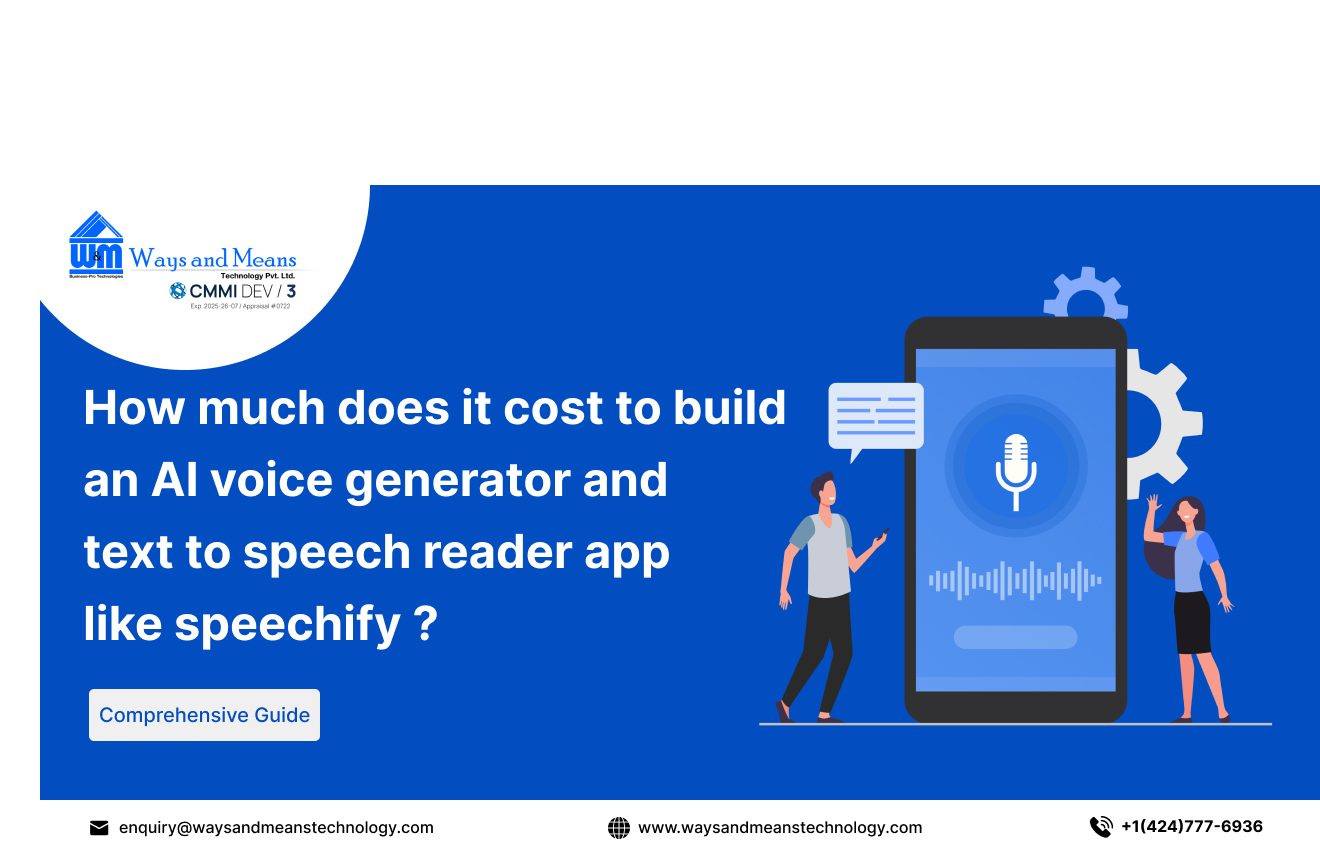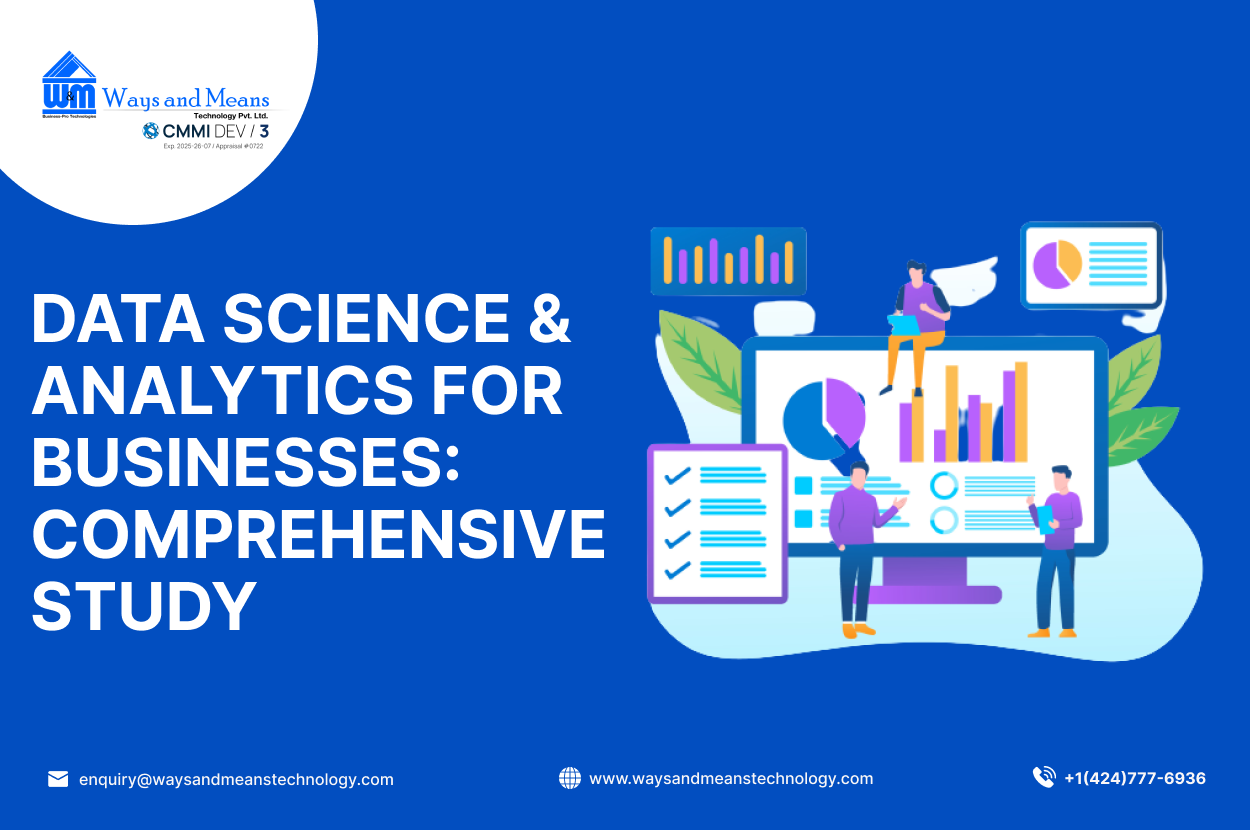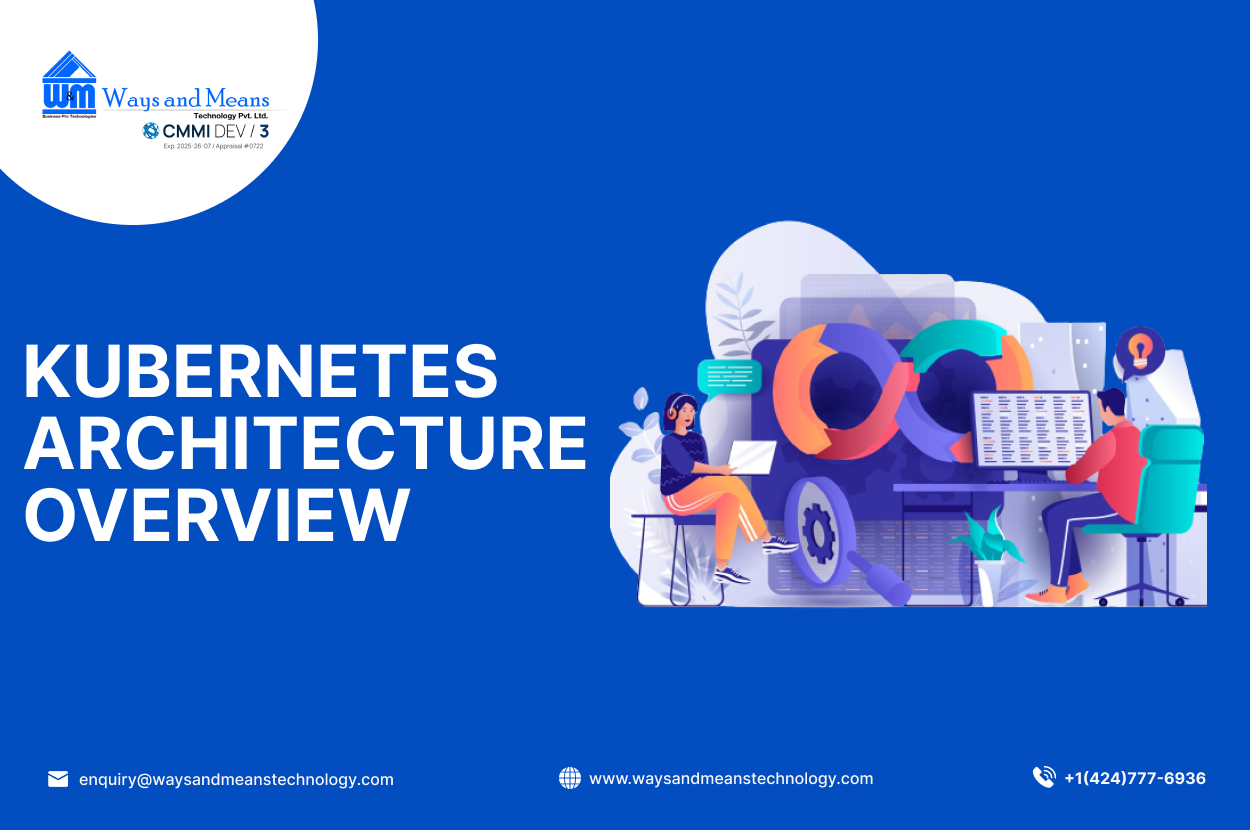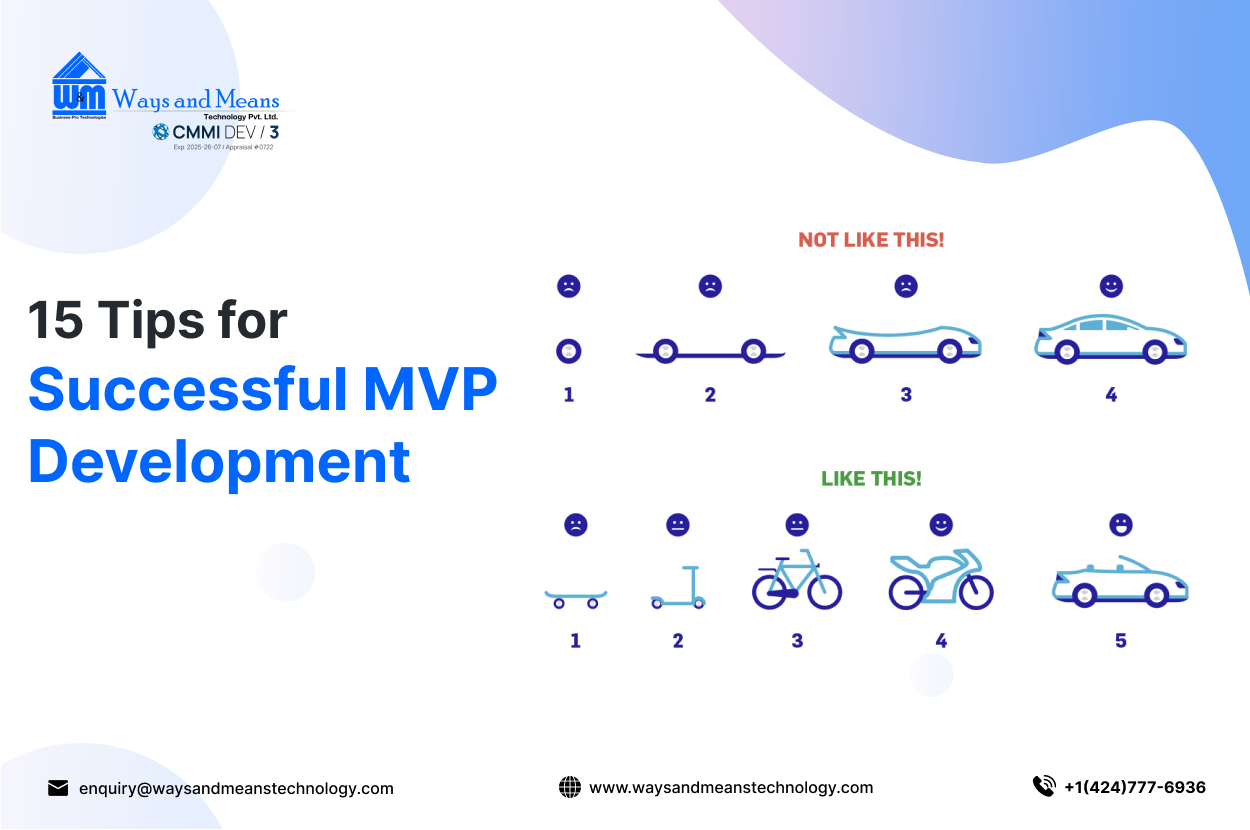Experts predict that cloud computing will play a vital role in addressing business challenges in the coming years. This is evident in the steady growth of business cloud spending, projected to increase at a 16% CAGR from 2016 to 2026. It’s clear that companies are now viewing the cloud as more than just a tool. The on-demand model, first popularized by Uber in urban transportation and then by food delivery services, has now expanded to various cloud-based businesses. But before delving into the future of cloud computing, it’s important to understand its basic definition and concept.
What is Cloud Computing?
Cloud computing refers to the delivery of servers, storage, databases, networking, software, analytics, and intelligence via the internet, allowing for faster innovation, flexible resources, and cost savings. In layman’s terms, it is a network of remote servers accessed online for data storage and retrieval. It is a way to access and store data virtually through the internet.
Cloud computing has become a major trend in the tech industry, allowing for on-demand access to shared computing resources through the internet. As businesses strive for digital transformation, cloud computing solutions offer increased earnings potential, continuity, flexibility and scalability. These technologies are becoming increasingly central to corporate strategies due to their ability to adapt to changing needs. The future of cloud computing may include a focus on understanding essential business procedures and data operations, determining real ROI, managing supplier risk, and addressing security and integrity concerns. The industry must also prioritize fairness for customers, environmental sustainability, and use of modern systems to minimize loss.
11 Trends in Cloud Computing
The future of cloud computing includes several trends that will shape the industry. Some of the most notable include:
- Quantum computing, which is expected to revolutionize the business world through advanced technologies like those being developed by Google.
- Edge computing, which streamlines cloud networks by processing data at the source or network edge, and will be crucial for real-time IoT data analysis.
- Secure access service edge (SASE), which improves cybersecurity by creating a secure connection between applications and organizational components.
- DevSecOps, which combines development and security to speed up digital enterprise transformations.
- Open source, which allows for greater innovation and collaboration by allowing companies to modify cloud infrastructure to their specific needs.
- Cloud disaster recovery and backup, which helps protect against data loss and system failures.
- Serverless computing, which eliminates the need for physical servers by allowing code execution in response to events.
- Hybrid/multi-cloud solutions, which combine public and private clouds to meet the specific needs of a company.
- Internet of Things (IoT), which is closely tied to cloud computing and enables the management of intelligent devices.
- Automation and artificial intelligence, which will continue to play a significant role in the cloud computing industry.
- 5G network, which has the potential to improve cloud computing by providing faster and more reliable connections.
Conclusion
The cloud computing industry is expected to evolve significantly in the coming years, driven by the evolving needs of businesses, expanding customer demands, and the increasing volume of data. The widespread adoption of cloud technology has accelerated since the start of the pandemic and is projected to continue growing through 2023. Organizations can leverage the cloud to improve and expand their digital products and capabilities. Businesses that prioritize innovation and continuous learning will be well-positioned to take advantage of the most effective cloud solutions in 2023. However, as usage and demand for cloud services continue to increase, the trends and solutions in this field are subject to change. Keeping up with these trends can help businesses stay ahead of the curve and make the most of the available cloud solutions.
Are you looking to upgrade your company’s technology and take advantage of the many benefits of cloud computing? Look no further than Ways and Means Technology! Our team of experts specialize in providing top-of-the-line cloud computing services to help businesses of all sizes and industries.
One of the biggest advantages of working with Ways and Means Technology is our ability to tailor our services to meet the specific needs of your business. We understand that every company has unique requirements and goals, and we work closely with you to create a customized cloud solution that fits your business perfectly.
We pride ourselves on offering a wide range of services, including cloud migration, cloud security, and cloud-based disaster recovery and backup. Our team of certified professionals has the expertise and experience necessary to ensure your transition to the cloud is seamless and secure.
In addition to our technical expertise, we also offer excellent customer service and support. We understand that the cloud can be a daunting concept for some, so we make sure to provide clear and concise explanations, ensuring that our clients fully understand the benefits and risks of cloud computing.
At Ways and Means Technology, we strive to stay ahead of the curve and stay up-to-date with the latest advancements in cloud computing. This allows us to provide our clients with the most cutting-edge solutions available.
So why wait? Contact Ways and Means Technology today to learn more about how we can help your business make the most of cloud computing and stay ahead of the competition.




